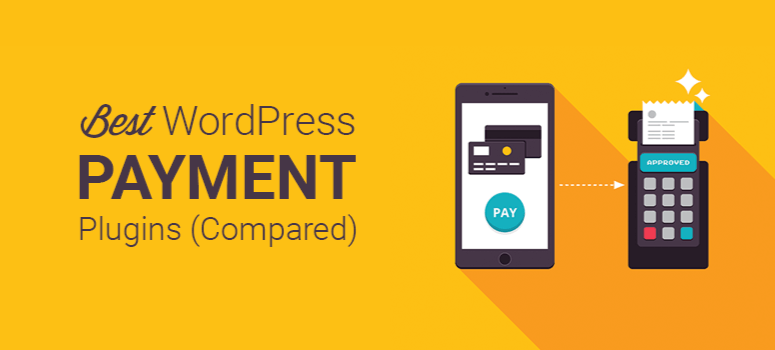AUTHOR: KHOKHO
DATE : 02/11/2023
Introduction
In today’s digital age, businesses are constantly seeking ways to simplify online transactions and also enhance the customer experience. Payment gateway plugins have emerged as a vital tool in achieving these goals. In this article, we will delve into the world of exploring their significance, how they work, and the various options available for businesses[1] of all sizes.
What Are Payment Gateway Plugins?
They are software components integrated into e-commerce[2] websites to facilitate secure and also asloseamless online transactions. These plugins connect the merchant’s website to financial institutions, allowing the transfer of funds between the buyer and aslo the seller. This is a crucial aspect of e-commerce, as it ensures that payments are processed[3] securely and efficiently.
How Do Payment Gateway Plugins Work?

work by encrypting and aslo transmitting information between the customer, the merchant, and also the financial institution.
The usual procedure generally consists of the subsequent stages.
- Customer initiates a purchase on the e-commerce website.
- securely transmits the data to the financial institution.
- The financial institution approves or declines the transaction.
- The merchant receives notification of the transaction’s status.
- The customer is informed of the transaction outcome.
Types of Payment Gateway Plugins

Payment gateway plugins come in various types to cater to the diverse needs of businesses. Here are some common categories:
1. Hosted Payment Gateways
Hosted payment gateways redirect customers to a secure payment page hosted by a third party. This method reduces security concerns for the merchant, as the payment processing is outsourced.
2. Self-hosted Payment Gateways
Self-hosted payment gateways[4] allow businesses to manage the entire payment process on their own servers. This offers more control but requires higher security measures.
3. API-based Payment Gateways
API-based payment gateways[5] offer the most customization options. They allow businesses to integrate payment processing directly into their websites, providing a seamless experience for customers.
Benefits of Payment Gateway Plugins
The integration of offers several advantages to businesses, including:

- Enhanced security with robust encryption methods.
- Improved user experience, leading to higher conversion rates.
- Wide acceptance of payment methods, including credit cards, digital wallets, and aslo more.
- Real-time transaction tracking and aslo reporting.
- Support for international transactions, expanding market reach.
Selecting the Right Payment Gateway Plugin

Choosing the most suitable for your business is crucial. Consider the following factors when making a decision:
- Security: Ensure the plugin offers robust security measures to protect both your business and your customers.
- User Experience: A smooth and intuitive payment process can significantly impact customer satisfaction.
- Payment Methods: Confirm that the plugin supports the payment methods preferred by your target audience.
- Integrating with your e-commerce(1) platform can be a challenge. To tackle this, many payment gateway providers offer clear and comprehensive documentation and support to assist businesses during the integration process. Additionally, consider hiring a developer with experience in payment gateway integration to ensure a smooth transition.
- Customer Trust
- Building trust with your customers is essential for the success of your online business. A well-chosen payment gateway(2) plugin, with its secure and smooth transaction process, can contribute to customer trust. Additionally, displaying trust badges and also certifications on your website can further reassure customers.
Conclusion
Payment gateway plugins have become indispensable tools for businesses seeking to streamline online transactions and also enhance customer satisfaction. Their ability to secure payments, improve user experiences, and support a wide range of payment methods(3) makes them a crucial asset for e-commerce(4) websites. By carefully selecting the right businesses(5) can ensure their financial transactions are secure and efficient.
Frequently Asked Questions (FAQs)
1. What is the role of a payment gateway in online transactions? A payment gateway facilitates the secure transfer of funds between a customer and also a merchant’s website, ensuring payments are processed efficiently and securely.
2. Are payment gateway plugins compatible with all e-commerce platforms? Payment gateway plugins are typically designed to work with various e-commerce platforms, but compatibility may vary. It’s essential to choose a plugin that is compatible with your specific platform.
3. How can I ensure the security of online transactions with payment gateway plugins? To enhance security, opt for payment gateway plugins with strong encryption measures and also adhere to best practices in data protection.
4. Can payment gateway plugins handle international transactions? Yes, many support international transactions, allowing businesses to expand also their market reach.
5. What should I consider when selecting a payment gateway plugin for my business? Factors such as security, user experience, supported methods, and associated costs should be considered when choosing a that best suits your business needs.





